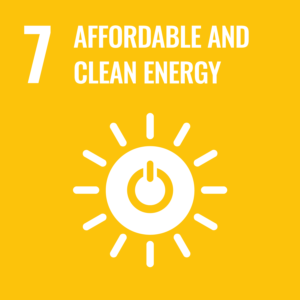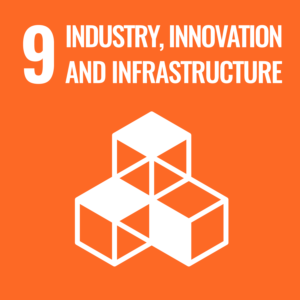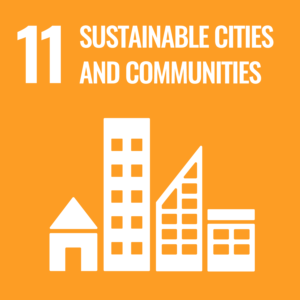The project
Buildings are responsible for
≈ 40%
of the EU's energy consumption
36%
of greenhouse gas emissions from energy
Global context
Achieving the 55% reduction required by the EU’s Climate Target Plan 2030 will need a reduction in buildings’ greenhouse gas emissions by 60%, their final energy consumption by 14% and energy consumption for heating and cooling by 18%.
These are all highly ambitious goals, also considering that 85-95% of the buildings that exist today will still be standing in 2050.
The ProLight project aims to contribute to the following UN Sustainable Development Goals:






About ProLight project
The European objective of green and sustainable growth will require a boost in technological advancements but also a need of rethinking our lifestyle, our communities and our societies.
The building sector is undoubtedly a key intervention area to achieve climate energy targets, to mitigate social tensions and to stimulate local investments by promoting innovation.
A priority in the European Green Deal is the design and construction of retrofitting of existing buildings in Lighthouse and pocket districts, targeting nearly zero-energy buildings (nZEB) and positive energy.
6 refurbished demo districts and energy communities in 6 European countries
The ProLight project is demonstrating 6 refurbished demo sites and energy communities in 6 European countries, allowing a smart neighbourhood approach and providing blueprints for replication.
6 demonstration districts consistent with the new European Bauhaus principles
Shaping more beautiful, sustainable and inclusive forms of living together where:
1) accessible spaces promote the dialogue between diverse cultures and ages,
2) innovative solutions and regenerative approaches are inspired by natural cycles that replenish resources and protect biodiversity,
3) the consideration of creativity, art and culture will satisfy our needs beyond the material dimension
Our 6 Lighthouse and pocket districts include urban planning, construction design, renovation and buildings in operation. Community engagement and decommissioning are also considered by the ProLight project.
This multi-actor approach explicitly takes into account that energy is part of natural resources within all involved Lighthouse and pocket districts, so that in the end, the envisaged solutions will lead to better quality of life for all targeted end-users.





Expected results
Within the project duration we’ll overcome existing barriers and drive the development of innovative technology to deliver the economic and environmental benefits required, ensuring a fast replication and roll-out across all European regions.
1. Urban planning
Integrated infrastructure, E-mobility.
2. Energy audit
Construction planning, BIM, Regulation aspects
3. Procurement procedure
Tender, Smart solutions
4. Building retrofit certification
Validation, Test phase
5. Long-term operation
Maintenance, Advertisement
Result 1: Empirical analyses of good Practices
Empirical analyses of good Practices to provide a better understanding of socioeconomic, gender, socio-cultural, & political factors & their interrelations to technological, regulatory, & investment aspects in the Lighthouse & pocket districts.
Result 2: Perform applied research onsite
Perform applied research onsite, assess the results & transfer it mainly virtually (because of pandemic) to the identified target groups. It is to ensure better understanding among them.
Result 3: Validation of the deployment activities
The validation of the deployment activities is demonstrated within 6 Lighthouse & pocket districts located in the four climatic zones of EU27 with the support of full value chains of players involved in refurbishment projects.
Result 4: Importance of social & technological results
The importance of social & technological results foster bridges towards robust implication of subsidiarity & realisation of sustainability.